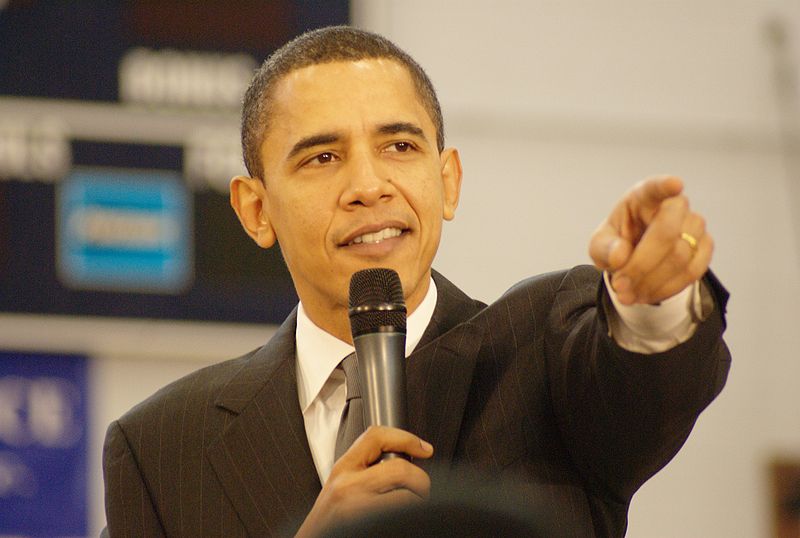

“I am a concerned citizen, and I approve this message.”
During this political election, most media outlets — TV, radio, etc. — are bombarding viewers and listeners with messages about why or why not to vote for a particular candidate.
Lately, the campaign advertisements have been focusing on the “why not” to vote.
Yes, the goal is to persuade the public to vote for their candidate; however, more and more of this is being done through fear and spite for the other party. Negative presidential advertisements are successful only because they confuse voters into believing a candidate to be untrustworthy and corrupt.
Hoping to spread a shadow on his opponent, each party continues to give a bad reputation about their opponent through negative campaign ads, while the only case they are providing the public about their party is their candidate is the lesser of two evils.
The voter’s choice has been simplified to choosing which candidate terrifies the public the least.
 Obama has cut welfare-to-work requirements. Well, this is what Romney is falsely claiming in one of his more recent campaign focuses. Is this another tale of “Romney Hood?”
Obama has cut welfare-to-work requirements. Well, this is what Romney is falsely claiming in one of his more recent campaign focuses. Is this another tale of “Romney Hood?”
Romney does not pay his income taxes — at least Obama would have us believe this. How about that “Obamalogna?”
All of this mudslinging and finger-pointing leads more toward public skepticism and confusion instead of toward the campaign’s goal of seeing the opponent in a clear light.
While a voter second guessing his choice for president is never bad, it can be difficult to weigh options when all he is faced with is scandal and dishonesty.
It is ridiculous enough that all this “he said, she said” business is getting forced down the public’s throat. What is more ridiculous is the cost of the advertising.
“In the most recent election cycle last year, way over $2 billion was funneled into political ads, a record high for a midterm campaign,” Michael Copps, commissioner, said in a statement made on the FCC’s government website.
That’s right. Presidential candidates are spending more than $2 billion to bash each other after episodes of Everybody Loves Raymond.
What was that about healthcare? Did someone say something about the economy? All I could hear was money being flushed down the toilet.
Every voter has the right to a clear understanding of his choice of candidates, and political advertisements abuse that right. Thankfully, these campaign ads are not viewers’ only available source of information.
Local representatives for the Democratic and Republican parties will be more than happy to give information to any citizen about the goals and beliefs of their particular candidate.
Watch the news, look up the facts online and, whatever you do, when those slanderous ads sneak their way onto the TV, take them with a grain of salt. Better yet, put them on mute or change the channel.
By BRITTANY POWELL
Features Editor
bripowel@ius.edu
